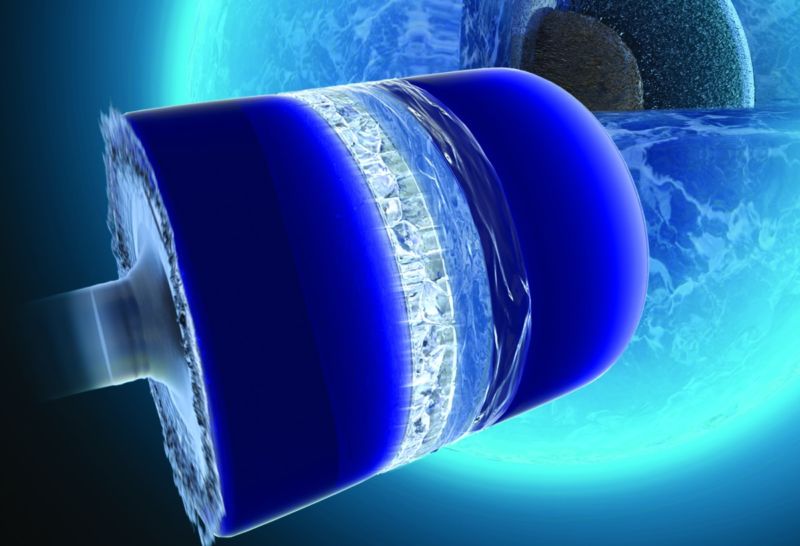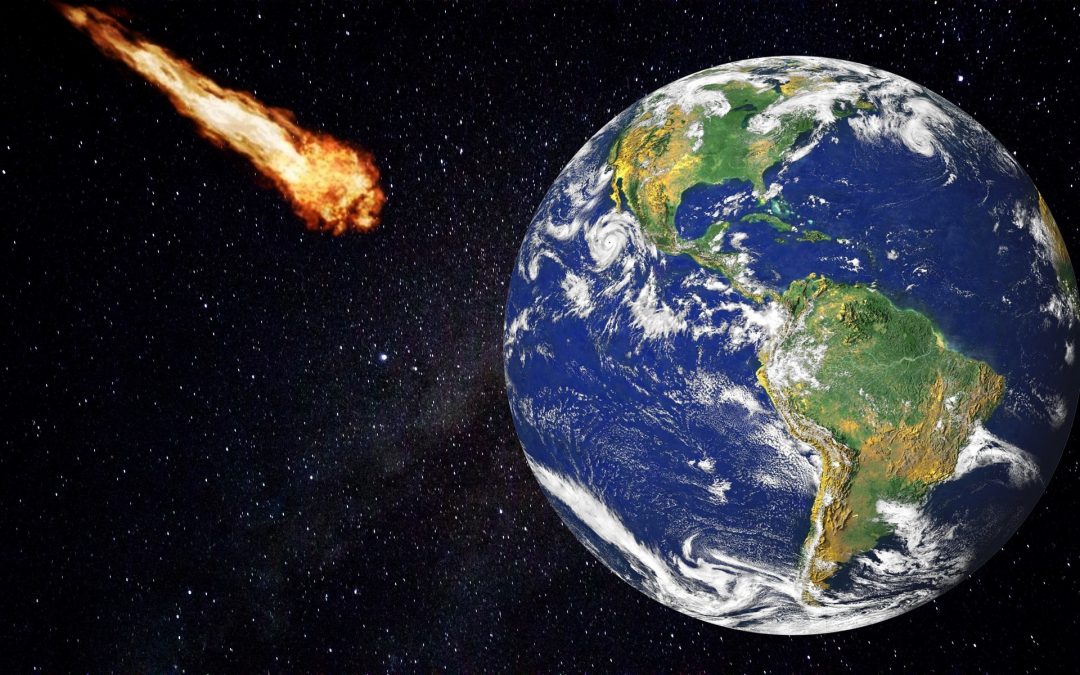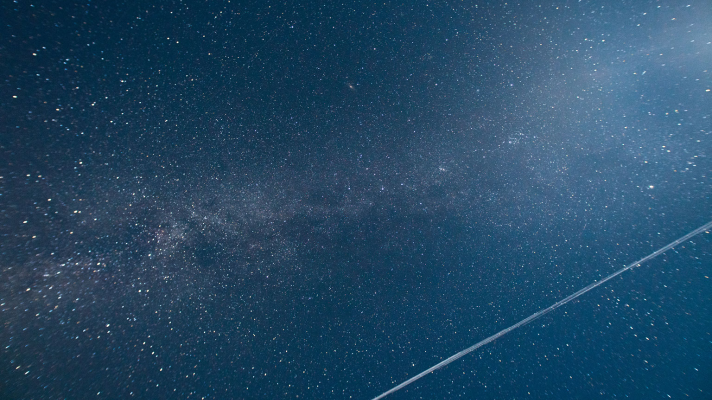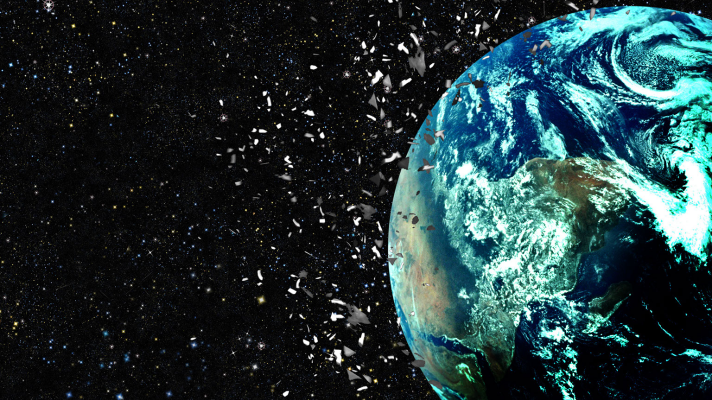Ice is ice, right? You know, what you get when water freezes. Well, maybe here on Earth. But across the Universe, water can be squeezed together at different temperatures and pressures, leading to very different structures. Today we’ll talk about the different forms that ice can take.











